Hezbollah must be brought under Lebanese law
- Update Time : Saturday, May 10, 2025
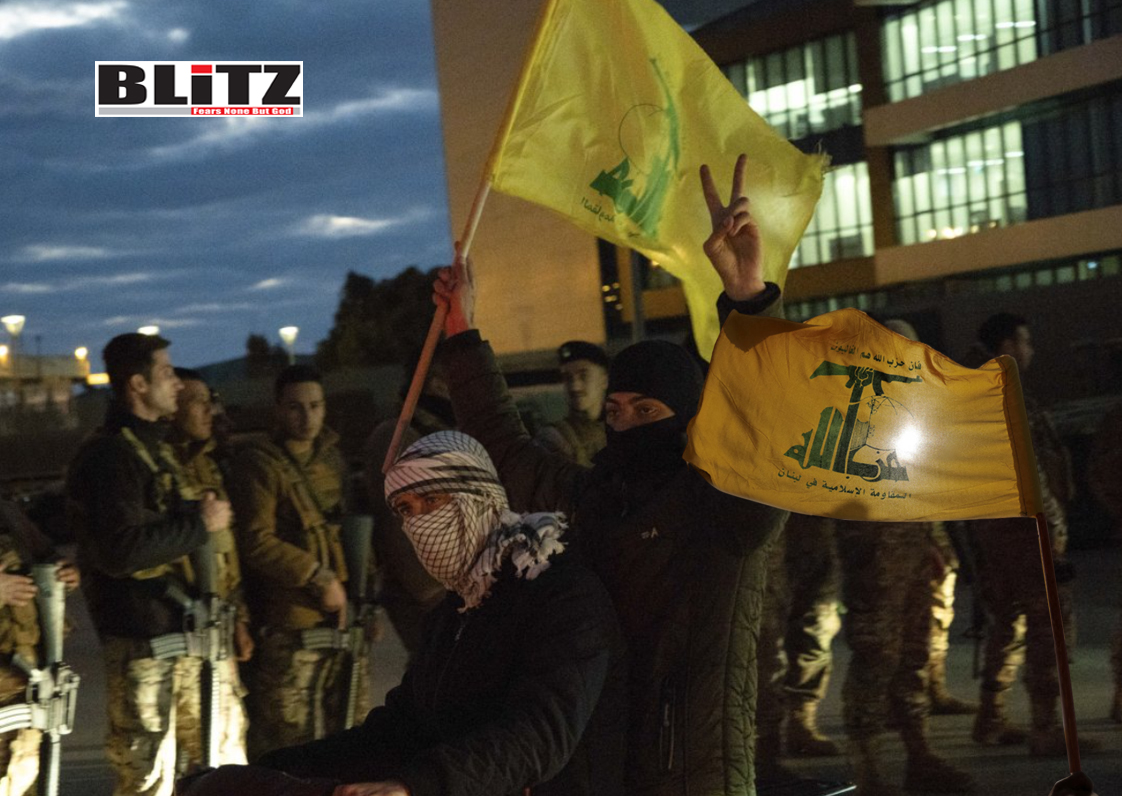
Once celebrated as the “Switzerland of the Middle East,” Lebanon has watched its institutions corrode under the weight of corruption, foreign influence, and civil strife. Recent reforms – such as the end of banking secrecy protections – offer a glimmer of hope. However, unless Lebanon’s leaders confront the most untouchable force within their borders – Hezbollah’s parallel state and illicit financial empire – real reform will remain an illusion.
In late April, Lebanon’s parliament passed a key reform granting regulatory authorities, including the central bank, greater access to bank account information. This move, aimed at unlocking a long-promised $3 billion financial package from the International Monetary Fund (IMF), allows for retrospective audits of customer accounts going back up to a decade, without requiring prior justification. On the surface, this is a vital step toward addressing decades of entrenched financial opacity and restoring international trust.
Yet Lebanon’s reality remains complicated. The banking crisis that erupted in 2019 revealed deep structural flaws: banks unilaterally froze depositors’ funds, introduced a discriminatory “fresh dollars” system (distinguishing post-2019 cash inflows from older, restricted deposits known as “lollars”), and operated with little to no accountability. Throughout this collapse, a shadow economy flourished – and none benefited more from the collapse of formal institutions than Hezbollah.
Despite the banking sector’s devastating failures, the question remains: will Lebanon’s newly expanded auditing powers be applied to Hezbollah’s financial system? Will the group’s opaque and sophisticated network – operating outside of any regulatory framework – finally face real scrutiny? Or will political paralysis and fear of retaliation ensure Hezbollah’s financial empire continues to operate with impunity?
Hezbollah’s financial activities are not a peripheral issue; they are central to Lebanon’s crisis. The group has constructed a parallel economy, complete with its own banks, social services, and revenue streams, shielded from oversight. The Al-Qard Al-Hasan Association, ostensibly a charitable organization, is in reality a key pillar of Hezbollah’s financial structure. It offers loans and microfinance to supporters without being subjected to central bank regulations, despite having been sanctioned by the United States for its role in facilitating the group’s operations.
This network extends beyond Lebanon’s borders. Hezbollah’s involvement in illicit activities -drug trafficking, smuggling, money laundering, and the illegal diamond trade – has been well documented. These criminal enterprises span continents, from the jungles of South America to the markets of Africa, and have pumped billions of dollars into Hezbollah’s coffers. These operations rely on cash couriers, informal “hawala” networks, and shell companies – mechanisms that allow Hezbollah to bypass formal financial systems entirely.
Meanwhile, Hezbollah also benefits from massive material and financial support from Iran. This lifeline allows the group to maintain an informal market within Lebanon, including real estate developments, pharmaceutical imports, and contraband goods that undercut legitimate Lebanese businesses. These markets, operating under the noses of government regulators, reinforce Hezbollah’s grip on society and the economy alike.
If Lebanon’s government is serious about reform – if it genuinely seeks to rebuild public trust, stabilize its economy, and reclaim sovereignty – then it must confront Hezbollah’s financial empire. Regulatory reforms that ignore Hezbollah’s shadow economy are cosmetic at best. Real reform demands that all financial activity, without exception, fall under the rule of law.
Yet there is little reason for optimism. Hezbollah’s privileged status is a relic of Lebanon’s post-civil war settlement and the decades-long Syrian occupation. Successive governments have tolerated – and at times encouraged – the group’s growth as a parallel state, fearful of civil conflict and political instability. Even today, calls to disarm Hezbollah or challenge its activities are dismissed as unrealistic or even dangerous.
Nonetheless, the costs of inaction are becoming unbearable. Lebanon is on the brink of complete economic and political collapse. Allowing Hezbollah to operate a private financial system not only undermines formal institutions but also perpetuates corruption and criminality. It guarantees that no meaningful recovery can take place because it places the most powerful economic actor in the country beyond the reach of reform.
Bringing Hezbollah under the rule of law must also extend beyond its financial networks. The group’s vast social services apparatus – including schools, clinics, and low-cost stores – operates independently of state control. While providing critical services to Shiite communities abandoned by the state, Hezbollah’s social programs are also instruments of political loyalty and societal control. These too must be integrated into the Lebanese state’s framework if Lebanon ever hopes to rebuild a genuine national identity.
Of course, this task is monumental. It risks provoking confrontation with a heavily armed organization backed by Iran. Hezbollah’s defenders will argue that the group’s existence is necessary for Lebanon’s security, particularly in the face of Israeli threats. Yet the real threat to Lebanon’s survival today is internal, not external. It is the disintegration of the state, the normalization of lawlessness, and the surrender of sovereignty.
Lebanon’s new leadership, though showing promising signs by passing key reforms, faces an almost impossible challenge. However, sovereignty is not divisible. A country cannot claim to reform its banks while ignoring a militia’s private financial empire. It cannot expect international aid while tolerating networks that facilitate global criminal activity.
This effort must come from within. Reform imposed solely under international pressure will not be sustainable. Lebanese leaders must find the courage to act not because the IMF demands it, but because Lebanon’s very survival depends on it. Only by applying the rule of law equally – to banks, to politicians, and to Hezbollah – can Lebanon hope to reclaim its future.
The road ahead is fraught with difficulty. Entrenched interests, fear, and inertia will resist change at every turn. But every step toward reimposing state authority over financial systems, armed groups, and informal markets is a step toward salvaging a nation that has teetered too long on the edge of the abyss.
If Lebanon fails to act now, it risks losing what remains of its sovereignty and plunging into irreversible chaos. Hezbollah’s impunity must end. Only then can Lebanon truly begin to heal.



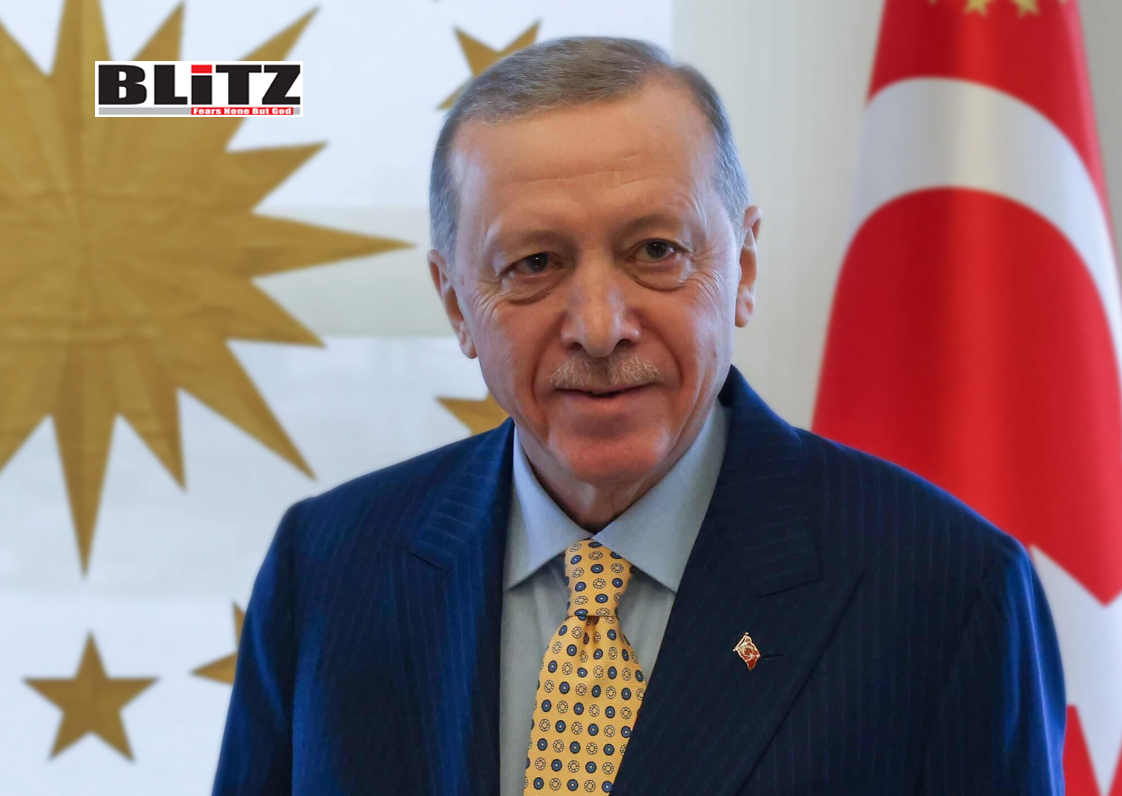

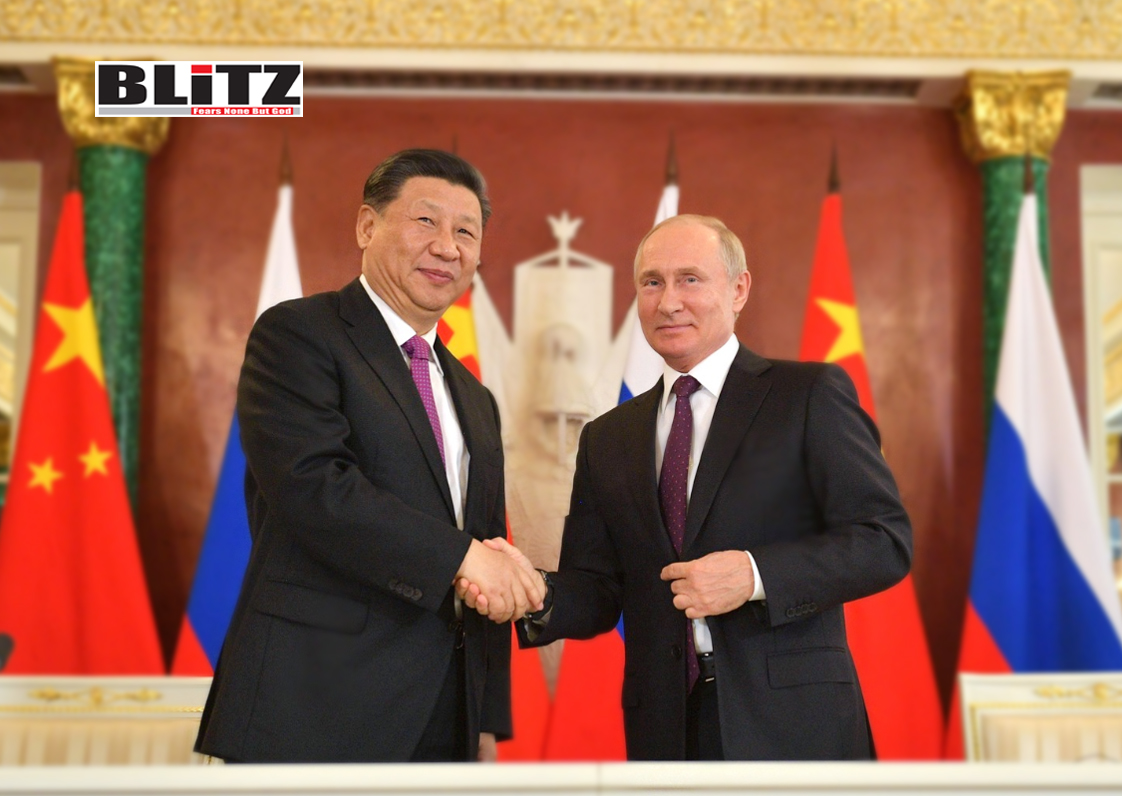

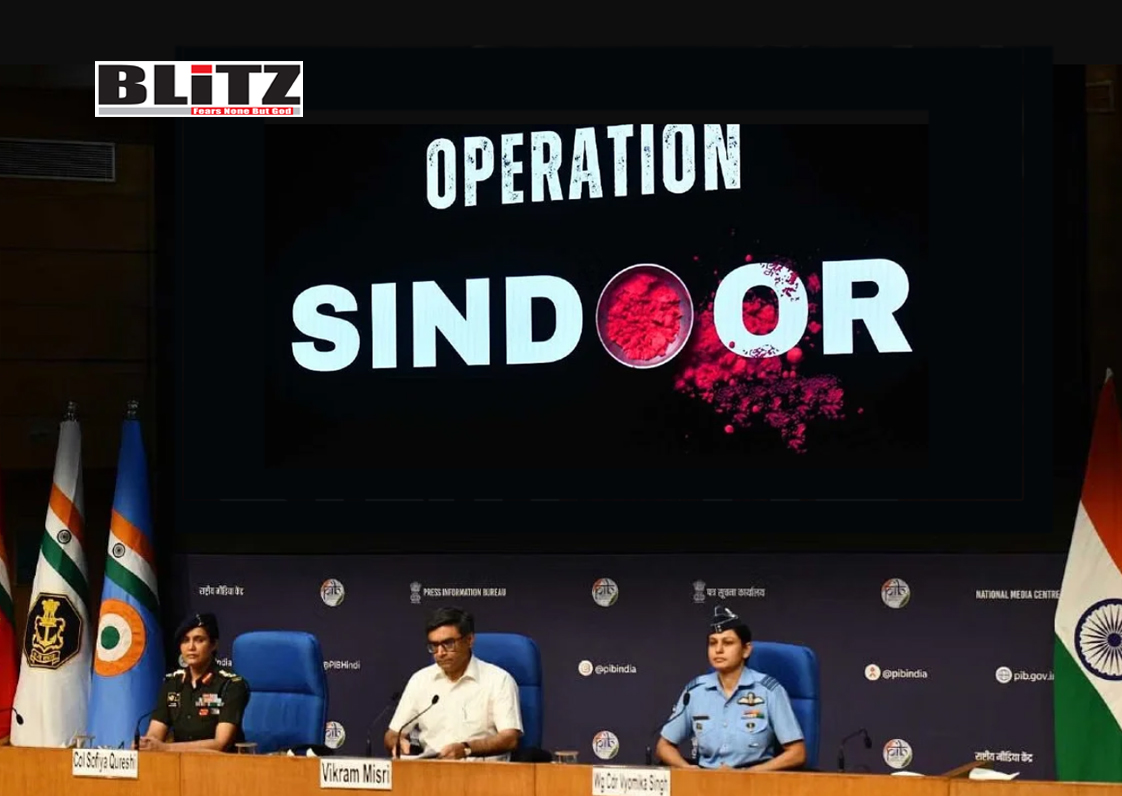
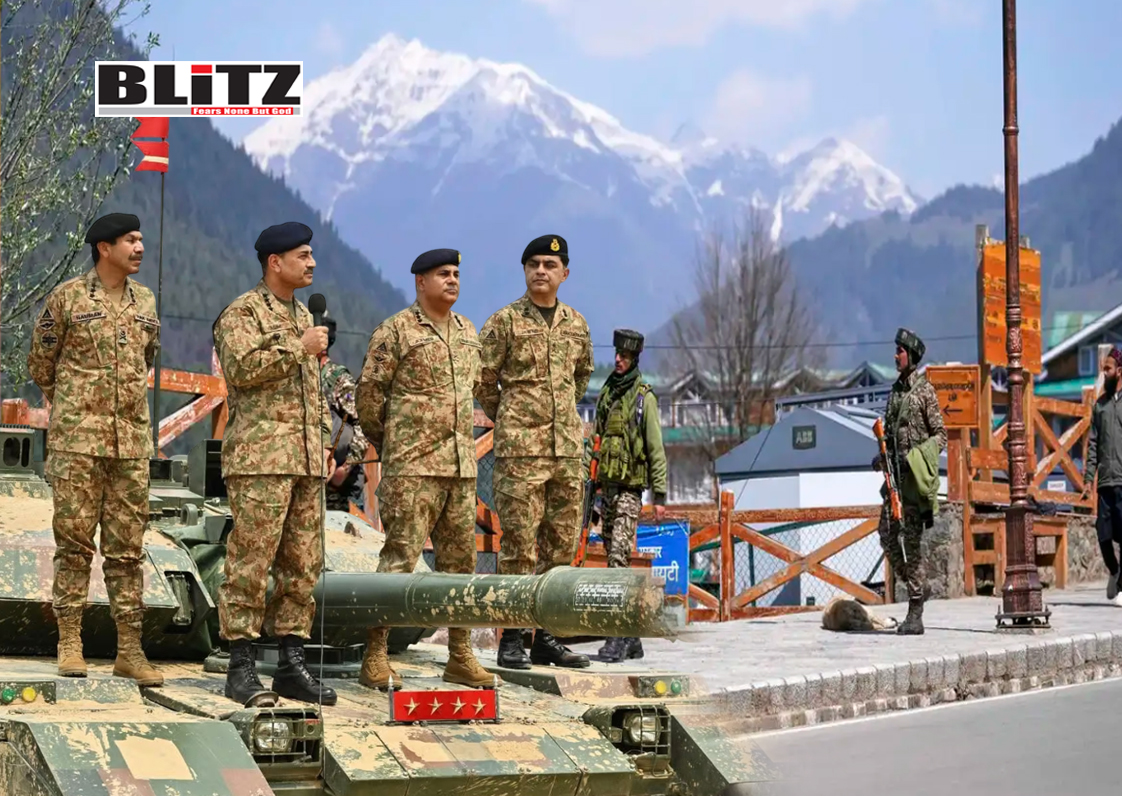

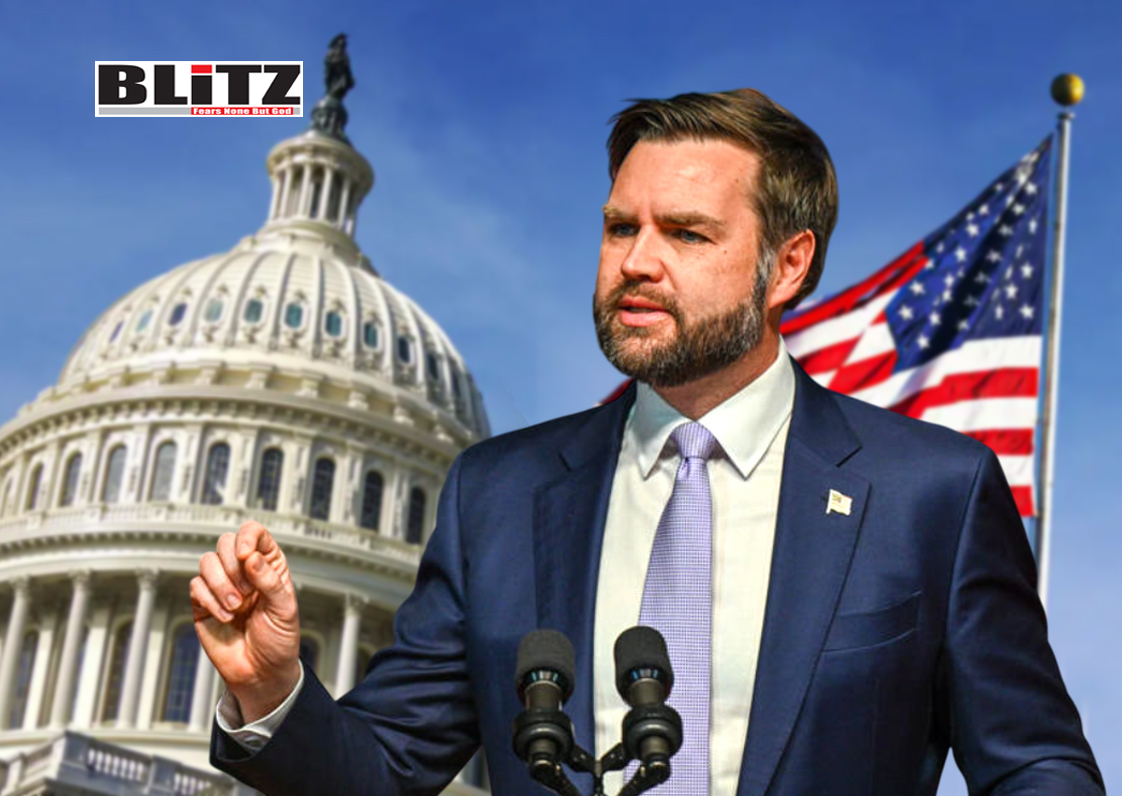
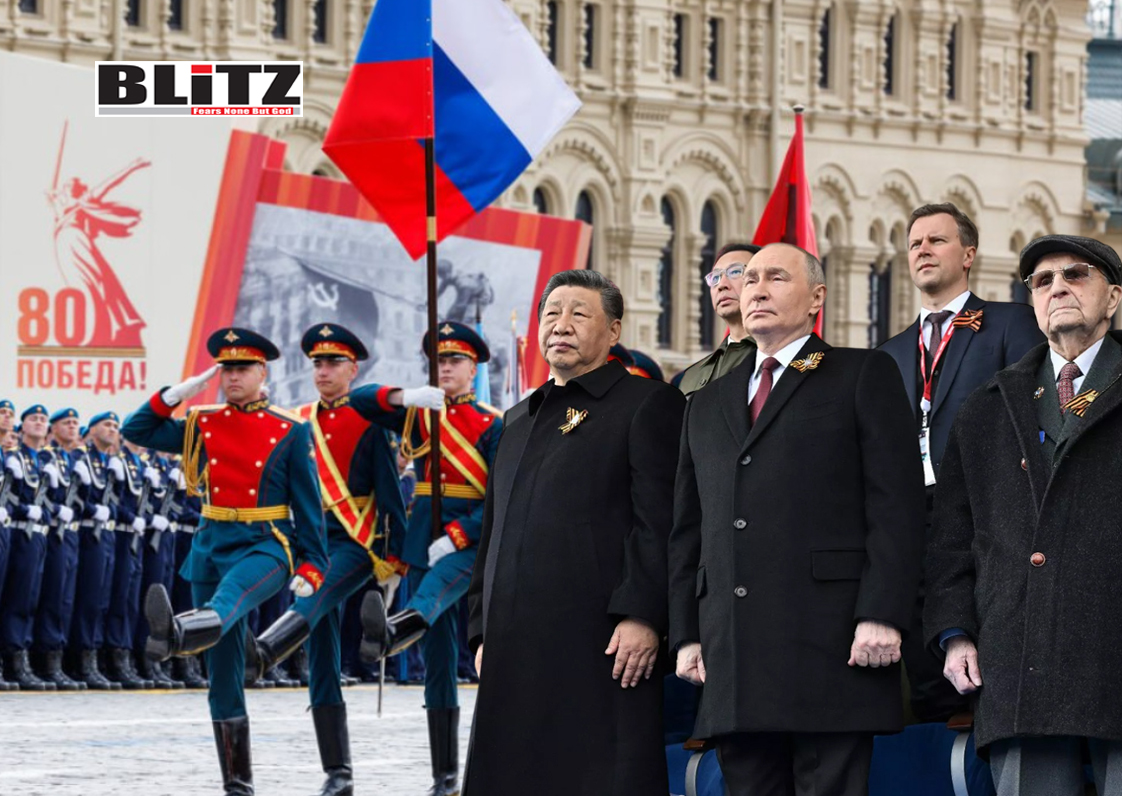

Leave a Reply